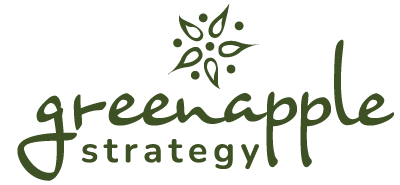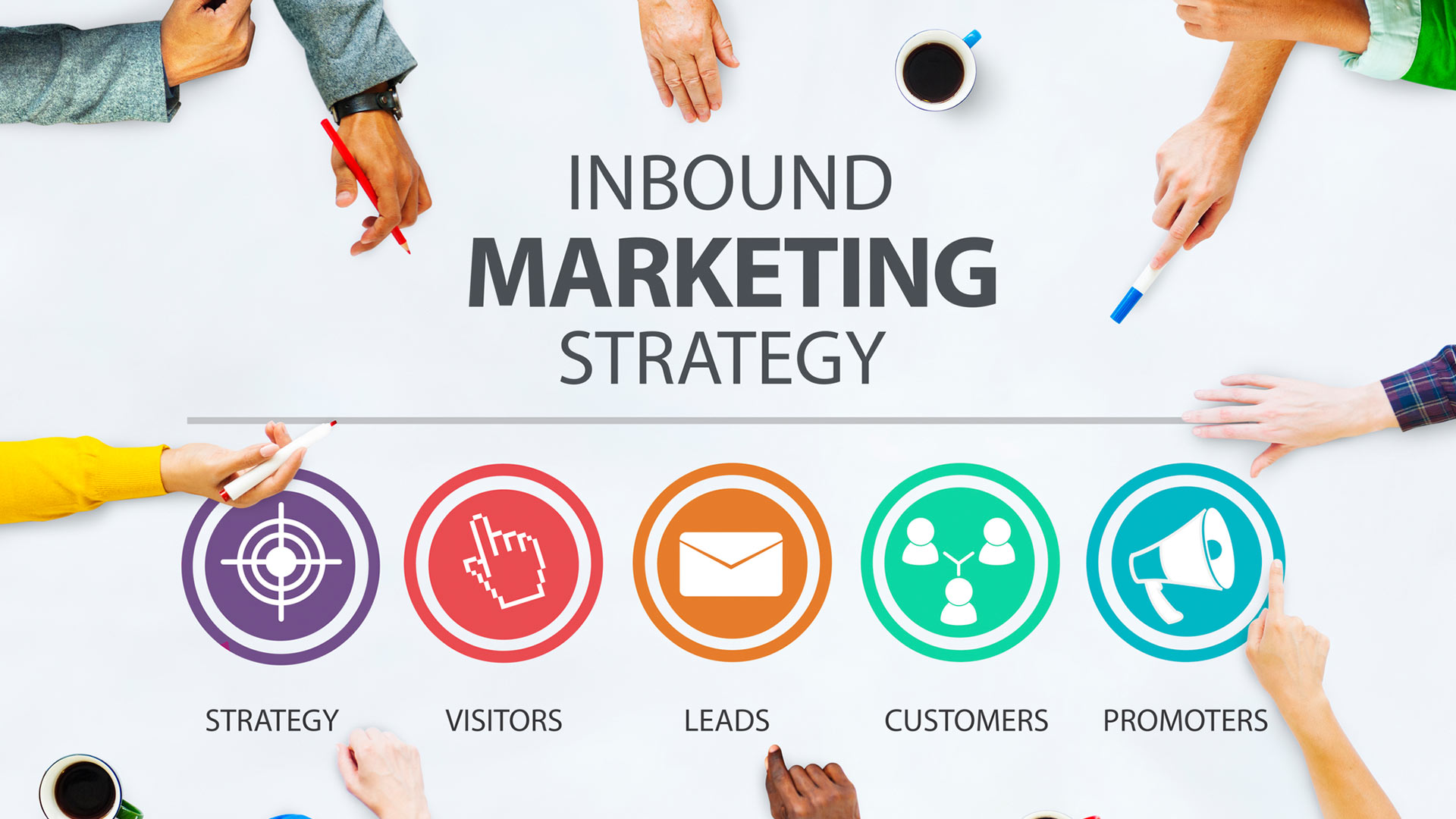The number of brands committed to inbound marketing has grown significantly over the past few years, as marketers adapt to the changing reality of how people buy, but many business development professionals still have questions about how it can help them generate more leads and convert more customers.
A few months ago, we provided a resource to help sales-people and business executives identify the various ways inbound marketing can enhance their efforts. In this blog, we’ll unpack three key takeaways from the resource that every business development professional should know.
3 Things Every Business Development Pro Should Know About Inbound Marketing
Here are three things you should know if you’re considering how inbound marketing can help you grow your business.
- Small businesses who are willing to invest in inbound marketing have a significant opportunity to stand out from their competitors.
- Inbound marketing helps you educate prospective clients on the unique benefits your company can offer.
- Inbound marketing provides twice as many leads than almost any other source.




